For Xi Jinping, the Communist Party of China’s (CPC) ongoing ‘fourth plenum’ is not just a conference to rubber-stamp his economic agenda, but it is also a platform to show his ever-tightening grip on power.
Just three days before the conference began, Xi on Friday sacked China's second highest-ranking general, He Weidong, along with eight other senior officials from the CPC. He was the Vice Chair of the Central Military Commission (CMC), the supreme military of China that Xi chairs.
With the purge, Xi consolidated the military power to an unprecedented scale in the history of Communist China.
ALSO READ: As Xi tightens grip, China holds ‘fourth plenum’ meeting to rubber-stamp his agenda
Outside China, analysts are watching the fourth plenum not only for signals on economic policy but also for personnel changes at senior levels within the CPC. These changes could offer insights into Xi’s geopolitical priorities in the years ahead.
With latest purge, Xi consolidates power like never before
Following the latest purge, the Central Military Commission now has the fewest members in its history — just four remaining from the seven-member body appointed in 2022. This reflects unprecedented concentration of military authority in Xi’s hands.
Including He, Xi has dismissed three CMC members since 2022.
Moreover, the portfolios of nine officials whom Xi sacked —including He— shows he has deepened the consolidation of political power as well.
In addition to serving as Vice Chair of the CMC, He was also a member of the 24-member Politburo. He is the first Politburo member to be dismissed in this manner.
Impact Shorts
More ShortsThe eight other senior officials fired were all members of the Central Committee of the CPC, the broader leadership body that includes the Politburo and the seven-member Politburo Standing Committee.
“Upon investigation, it has been determined that these nine individuals seriously violated party discipline and allegedly committed grave duty-related crimes. The amounts involved are particularly huge, the nature of the offences extremely severe, and the impact exceptionally negative,” said Chinese Defence Ministry Spokesperson Senior Colonel Zhang Xiaogang.
These eight officials held key positions across critical areas, including Taiwan-facing commands, China’s nuclear forces, and commissars responsible for aligning the military with CPC ideology.
These eight officials are:
Miao Hua, a former CMC member in charge of the military’s political, ideology and personnel matters;
He Hongjun, Miao’s deputy;
Wang Xiubin, a former deputy director of the CMC Joint Operations Command Centre;
Lin Xiangyang, a former commander of the Eastern Theatre Command;
Qin Shutong, a former army political commissar;
Yuan Huazhi, a former navy political commissar;
Wang Houbin, a former commander of Chinese military’s nuclear arm, the Rocket Force; and
Wang Chunning, a former commander of the Chinese police force.
Xi to packs CPC top bodies with loyalists — again
After the latest purge, Xi is expected to appoint as many as 15 to 30 loyalists to CPC’s top bodies, according to analysts.
They have said that the purge —that peaked with the sacking of nine top officials last week— will be the biggest in decades. In addition to these confirmed dismissals, 17 other senior military and civilian officials have not appeared at recent major events, fuelling speculation that they may also be removed during the conference, according to ABC News.
“While the 2017 purge saw the replacement of 15 Central Committee members, current estimates suggest that the 2025 campaign could surpass that figure, potentially making it the largest such political shake-up in the party’s modern era,” Jonathan Ping, a China expert at Bond University, told Australia’s ABC News.
Ping said the shake-up would tighten Xi’s grip on China’s elites.
“While anti-corruption remains a stated goal, the timing and targets suggest political motives — especially the removal of rivals or those losing favour. The campaign has evolved from cleaning up graft to controlling dissent and reinforcing Xi’s dominance,” said Ping.
Moreover, the timing of such moves is critical as 2027 is approaching. The US intelligence community has assessed that Xi has ordered the Chinese military to ready itself for the invasion and occupation Taiwan by 2027.


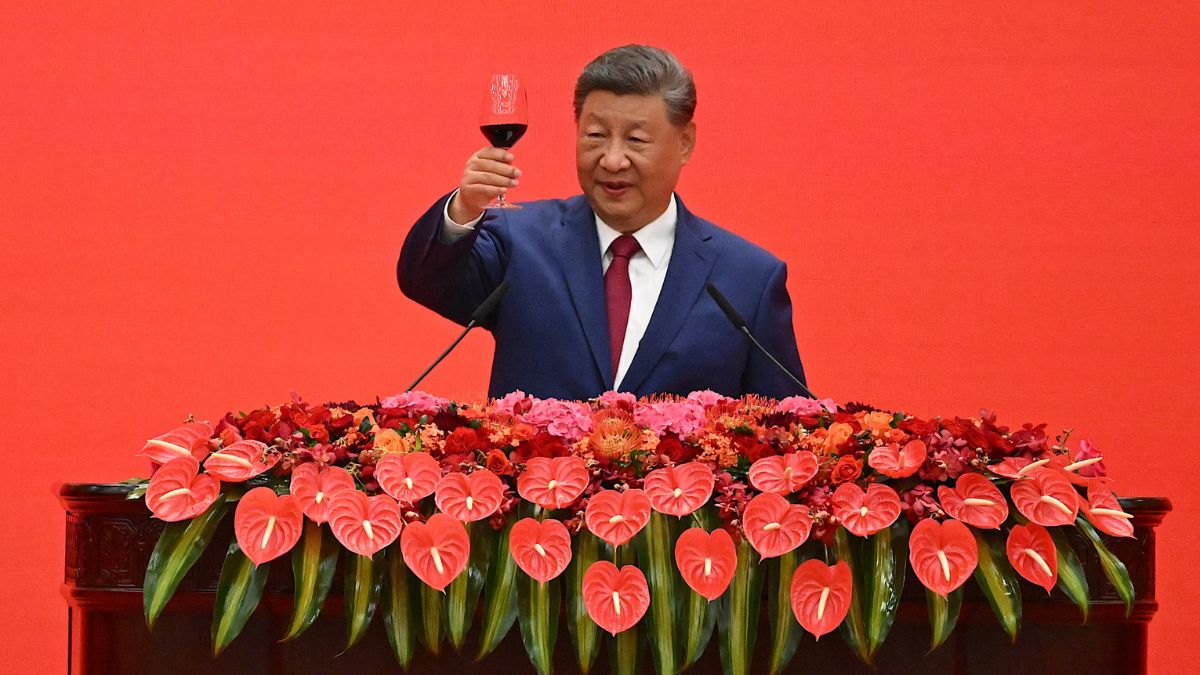)
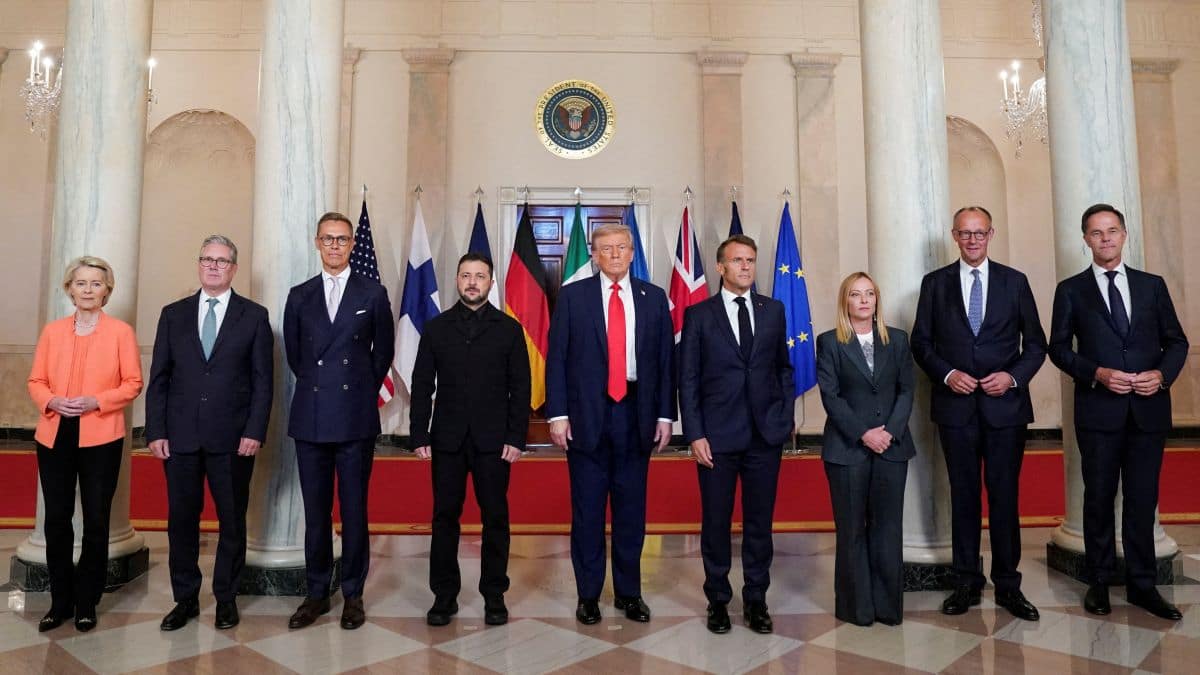
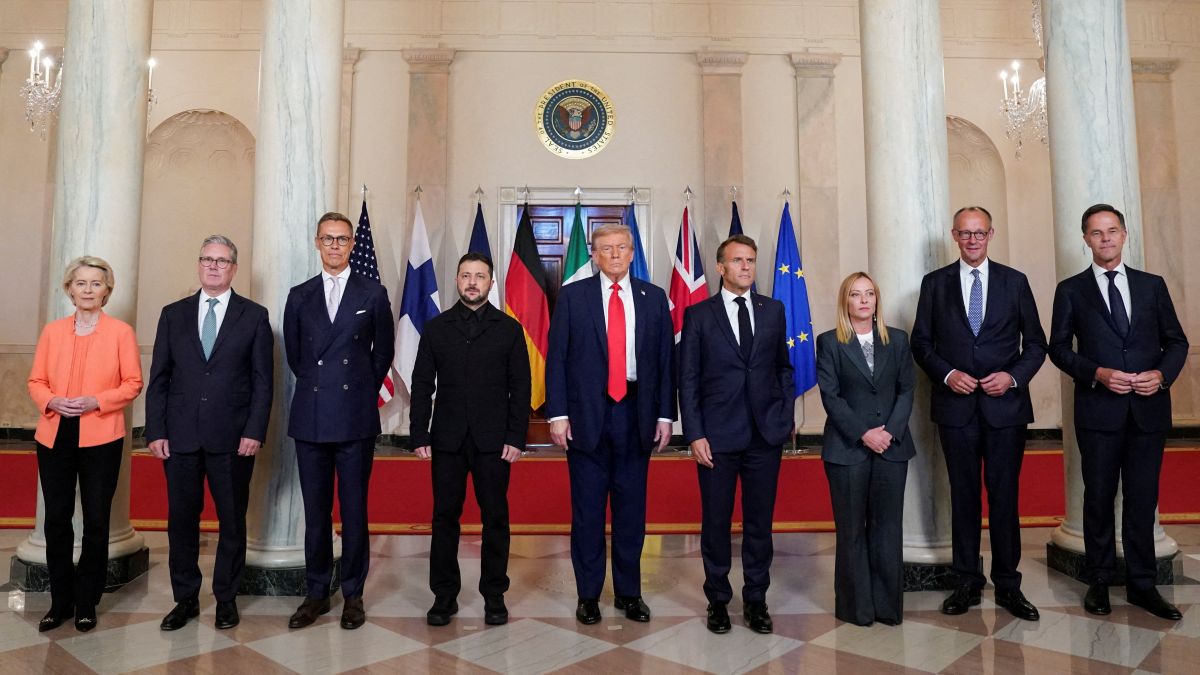)
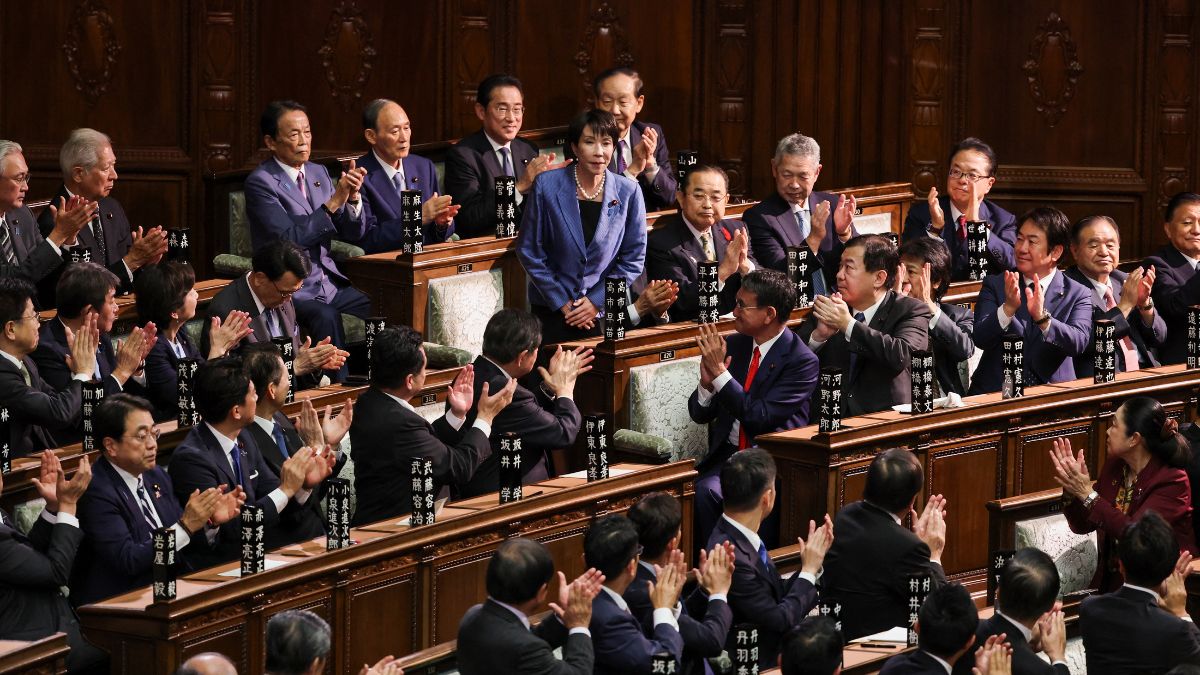)
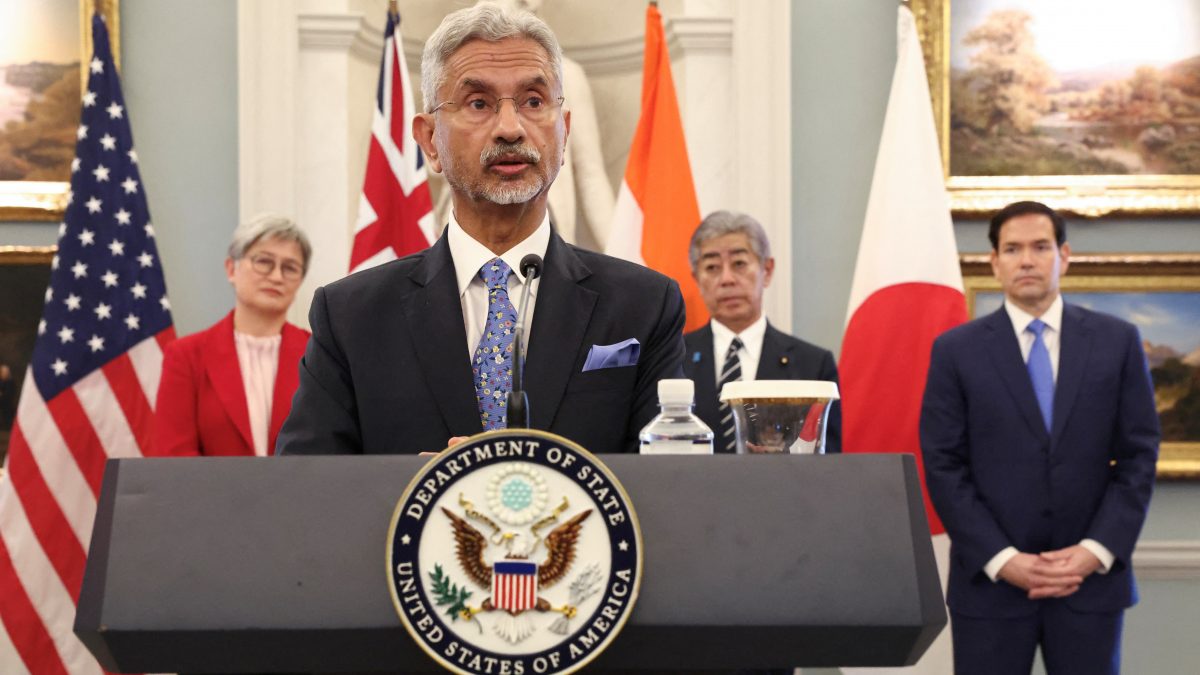)
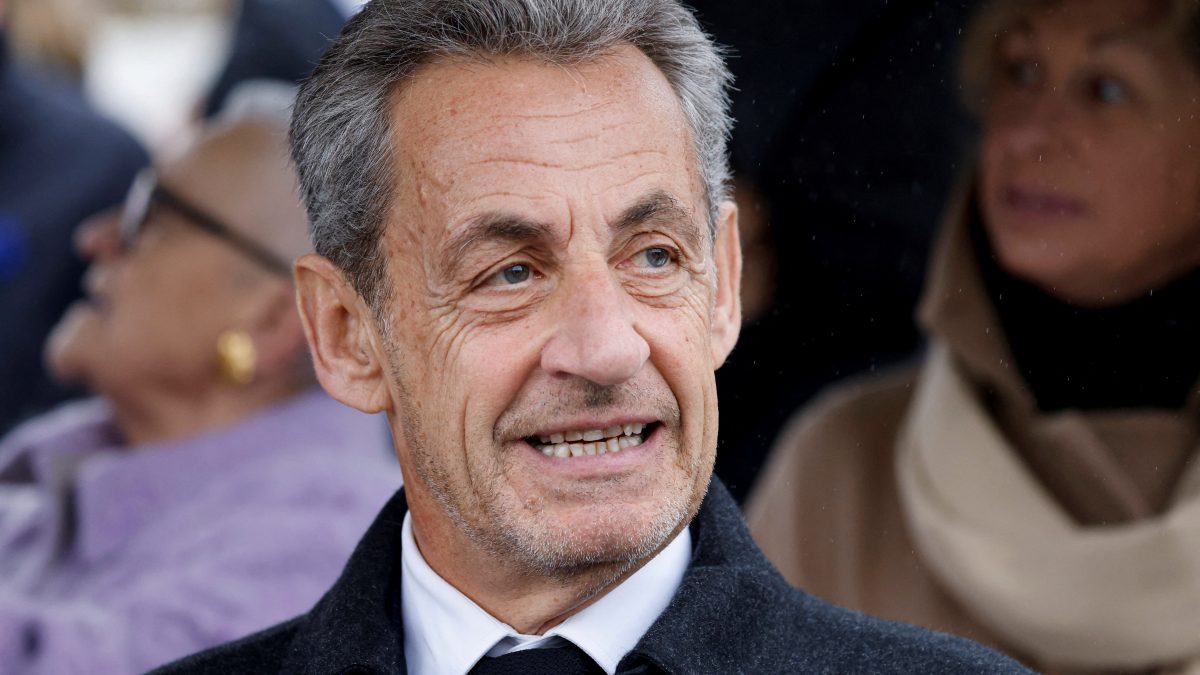)
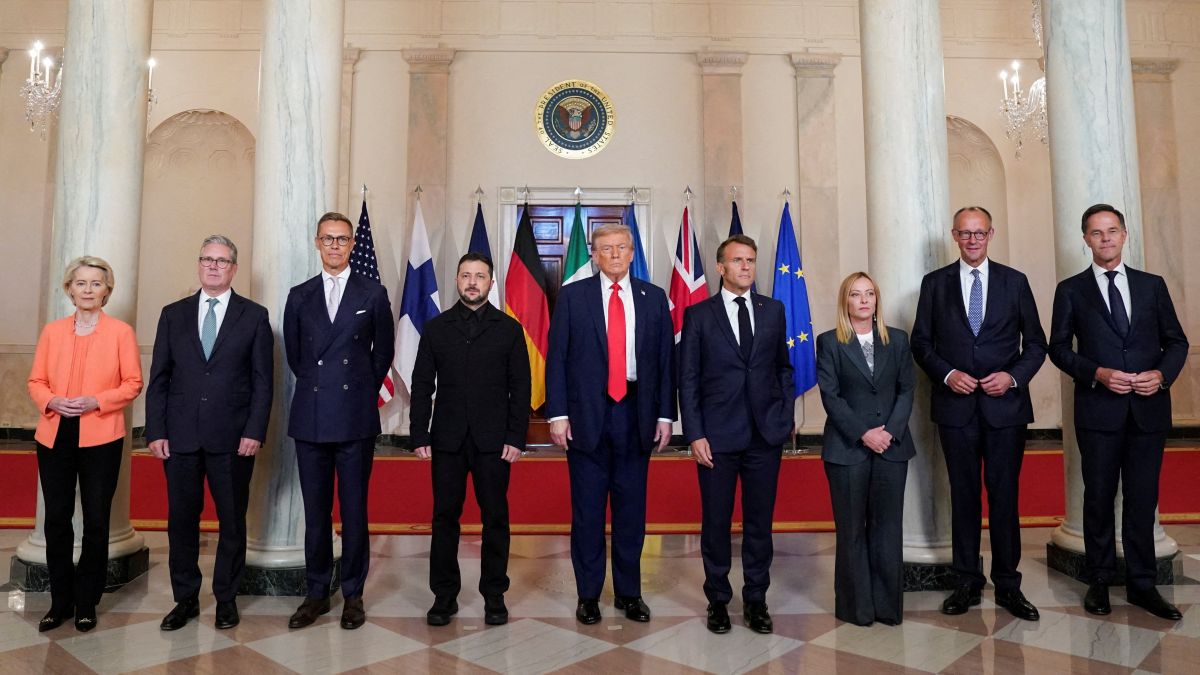)
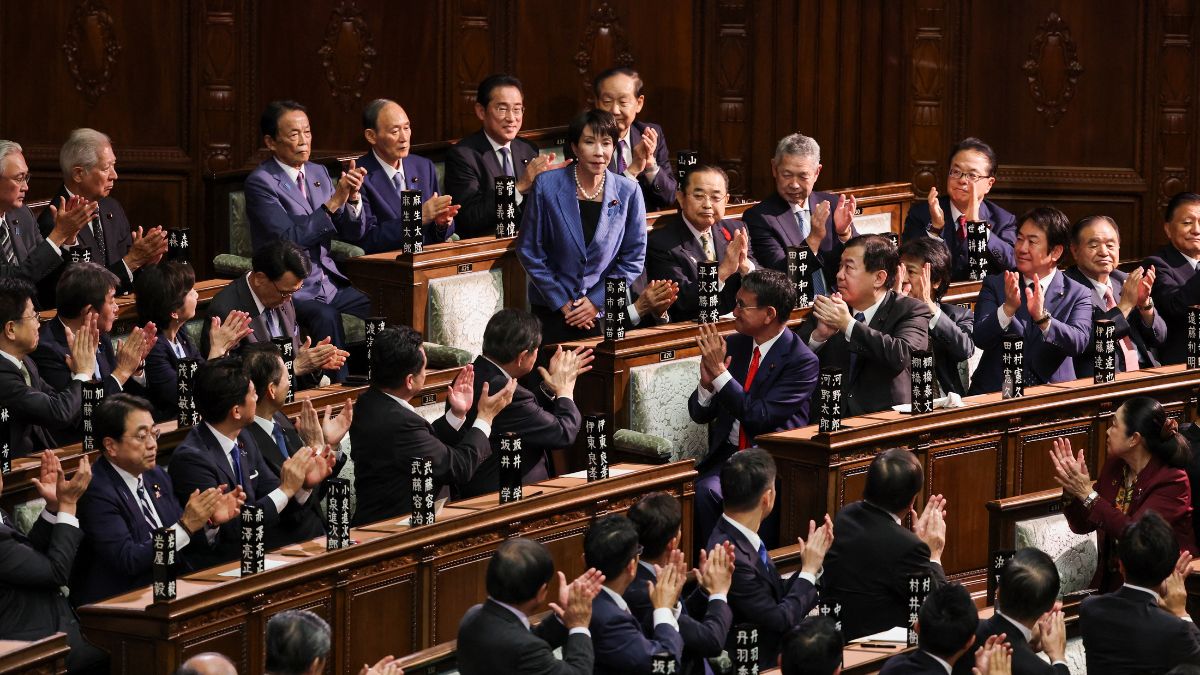)
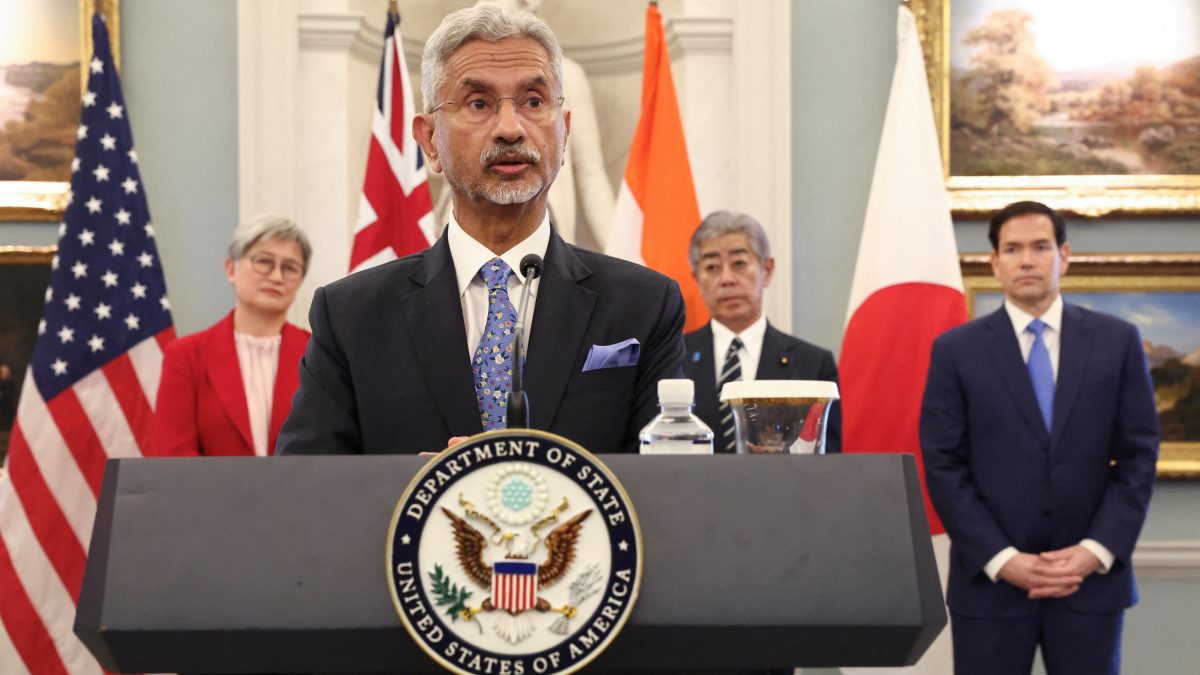)
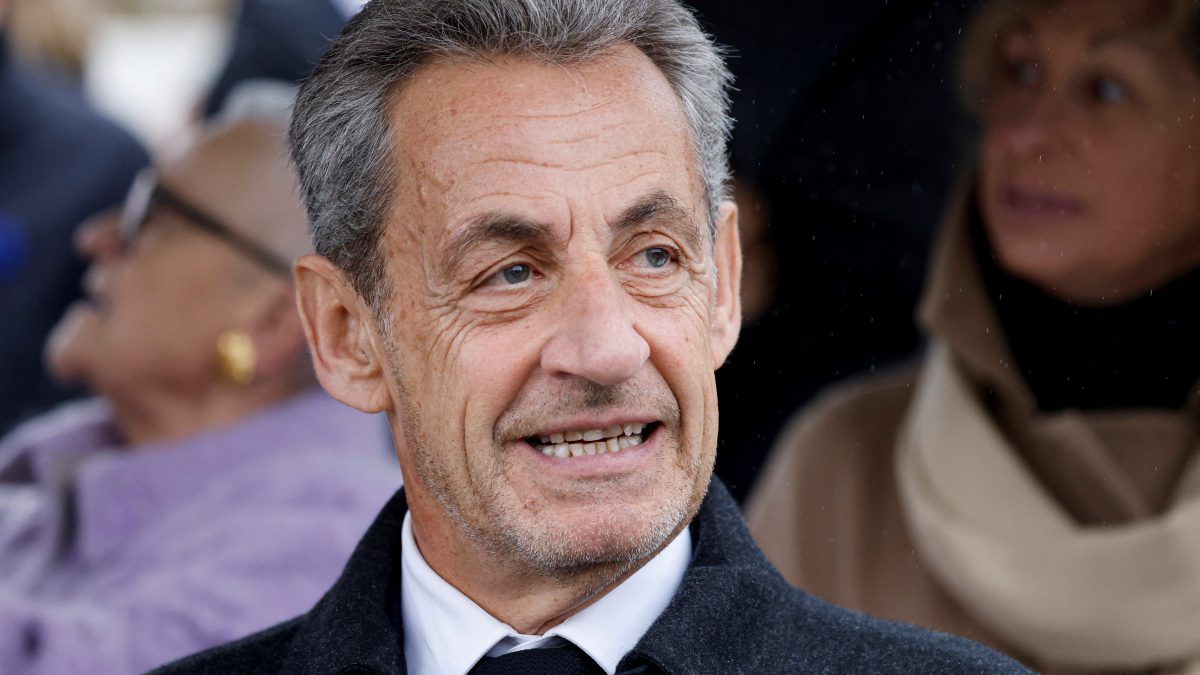)



